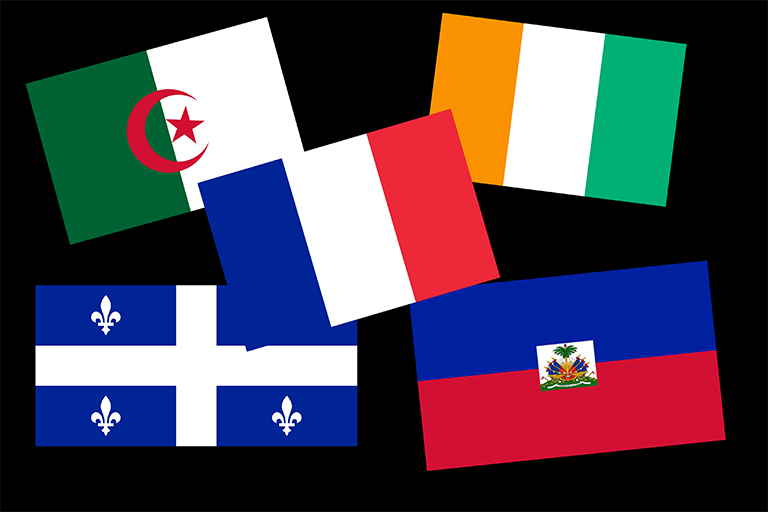
Elementary French I (4 CR)
Introduction to French language and selected aspects of French civilization and culture.
Learn more about this course
Introduction to French language and selected aspects of French civilization and culture.
Learn more about this course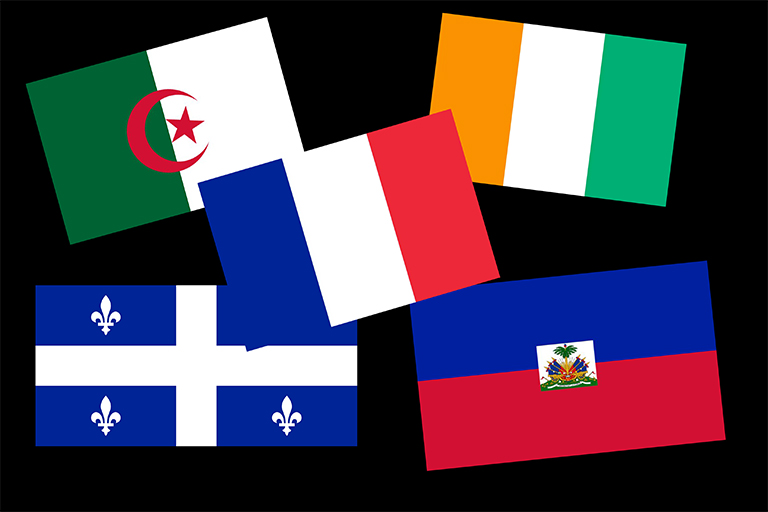
Basic structures of the French language and selected topics of French civilization and culture.
Learn more about this course
This companion course to F150 gives beginning students the opportunity to practice conversational French in a relaxed setting with peers.
Learn more about this course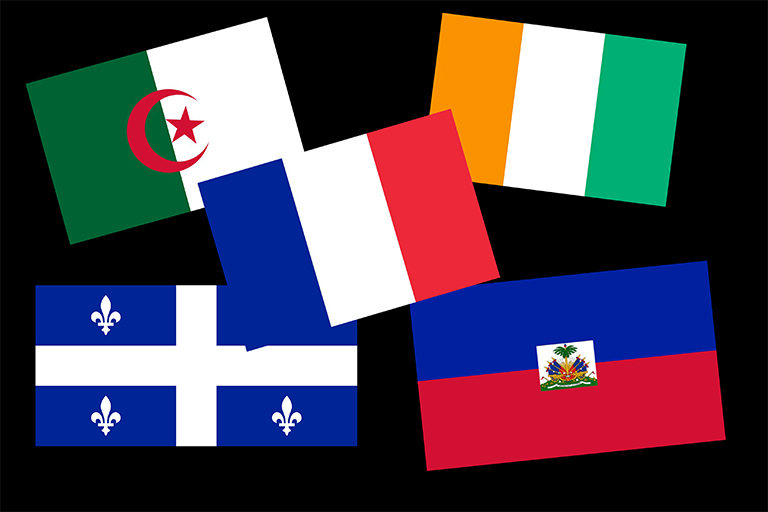
Grammar, composition, conversation coordinated with the study of cultural texts.
Learn more about this course
This companion course to F200 gives intermediate students the opportunity to practice conversational French in a relaxed setting with peers.
Learn more about this course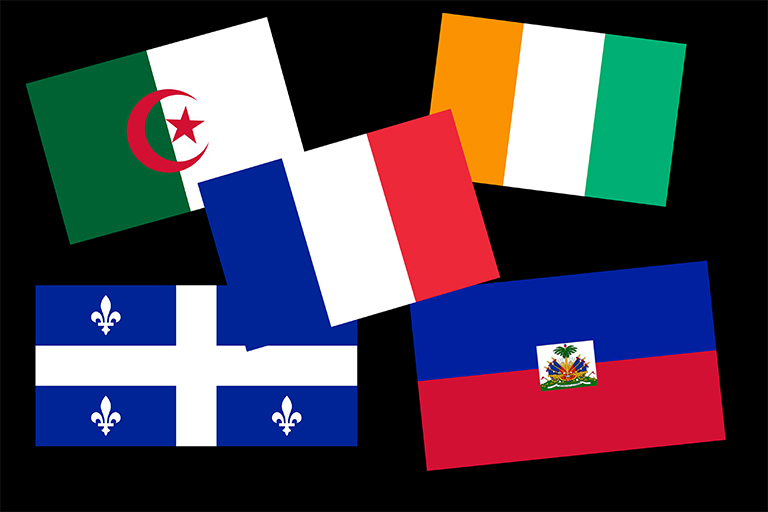
Grammar, composition, conversation coordinated with the study of cultural texts.
Learn more about this course
This companion course to F250 gives intermediate students the opportunity to practice conversational French in a relaxed setting with peers.
Learn more about this course
This course serves as an introduction to the study of Intro To French/Francophone Studies.
Learn more about this courseThis course serves as an introduction to the study of Intro To French/Francophone Studies.
Learn more about this courseThis course serves as an introduction to the study of French literature.
Learn more about this course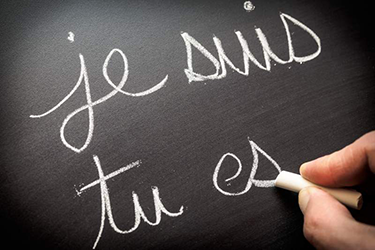
F313 builds students' understanding of advanced aspects of French grammar and their facility in applying this understanding to written and oral expression.
Learn more about this course
Recent and classic award-winning feature-length French films (comedies, dramas, thrillers) provide the basis for vocabulary expansion, in-class discussion and debates, and an increased understanding of various French cultural and historical issues, including immigration, WWII, regional differences, and religious conflict.
Learn more about this course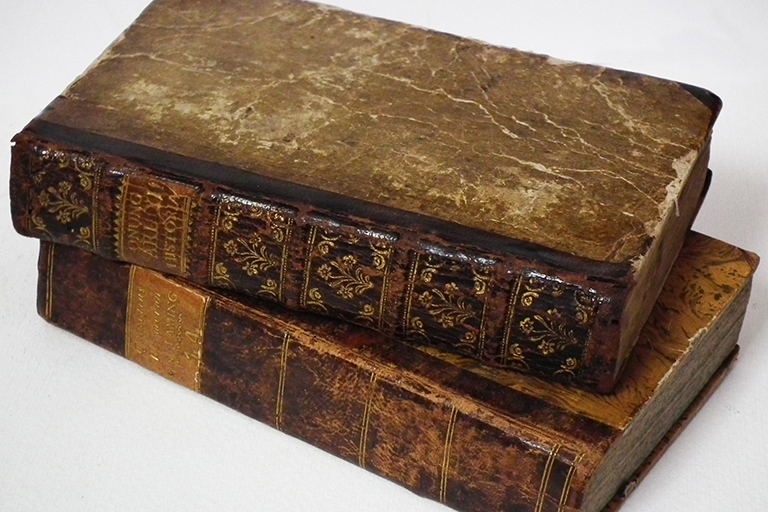
For students preparing an honors project to receive a degree with departmental honors in French.
Learn more about this courseThis course examines various features of the structure of present-day French with a perspective on their historical development, and an overview of some current language-related issues in the French-speaking world.
Learn more about this course
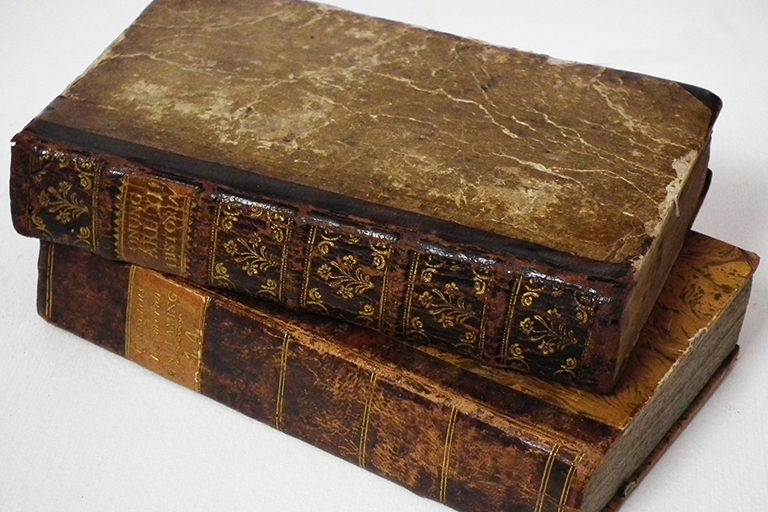
For students preparing an honors project to receive a degree with departmental honors in French.
Learn more about this course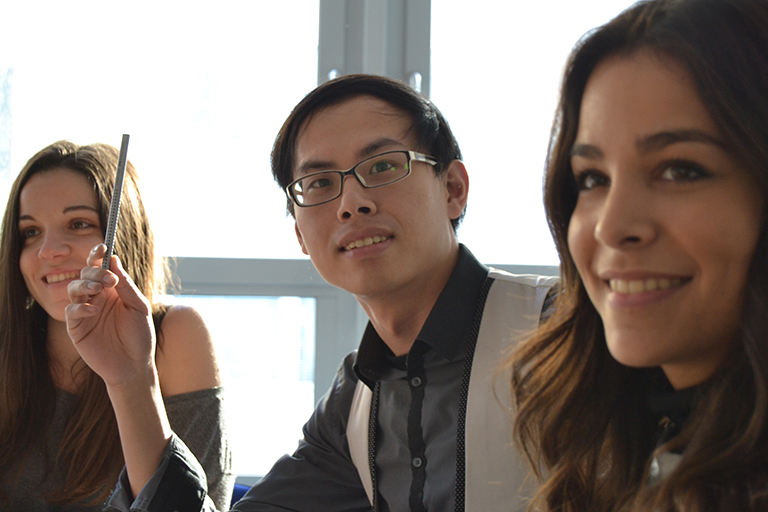
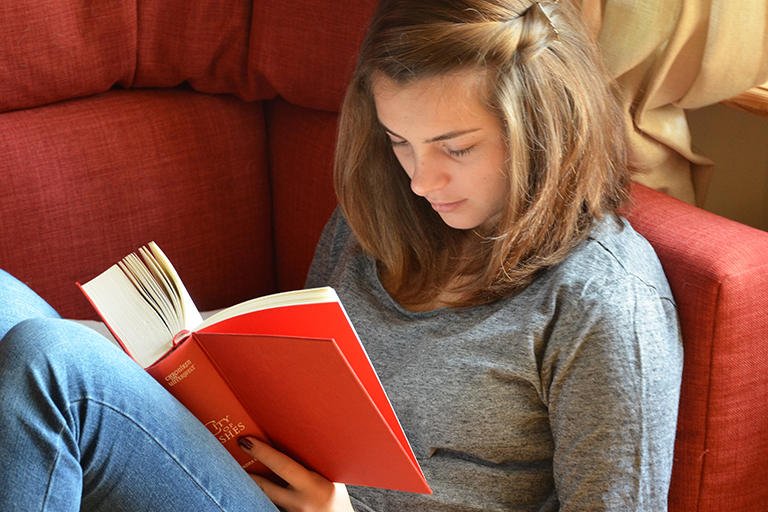
Independent study on a specific topic not taught in one of this semester's regular courses.
Learn more about this course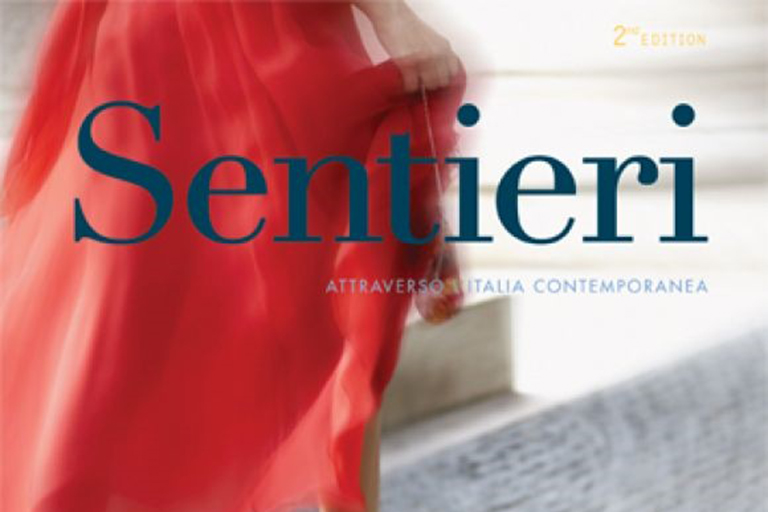
Introduction to contemporary Italian language, geography, and culture. Involves a broad variety of assignments and activities that develop grammatical competency and proficiency in listening, speaking, reading, and writing.
Learn more about this course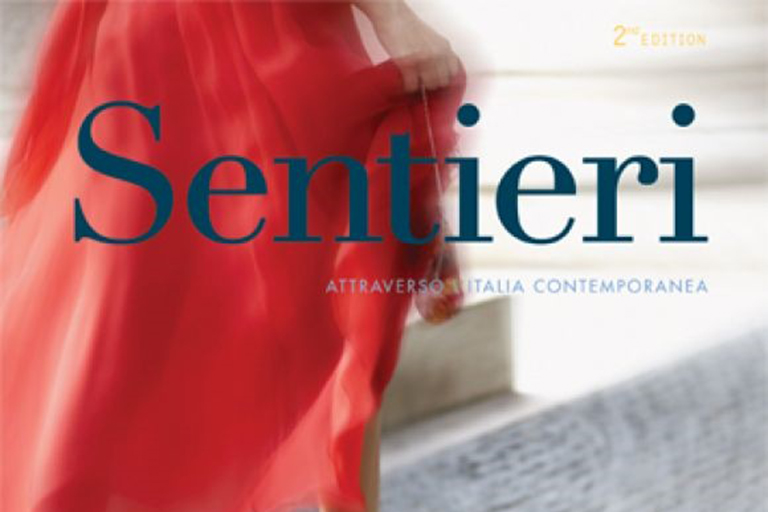
This intensive beginning course covers the material of two semesters in one (M100 and M150).
Learn more about this course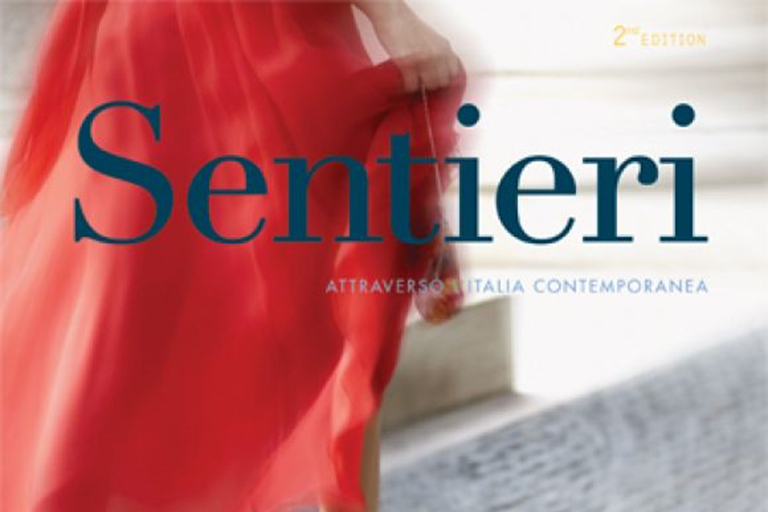
Continued introduction to contemporary Italian language, geography, and culture. Involves a broad variety of assignments and activities that build grammatical competency and proficiency in listening, speaking, reading, and writing.
Learn more about this course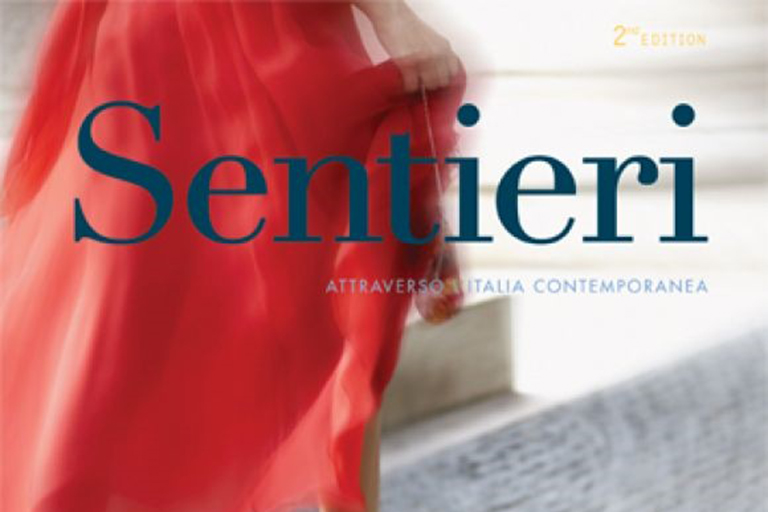
This course is a continuation of Elementary Italian II.
Learn more about this course
Students partner with Italian university students for conversations in Italian and English, gaining language practice and intercultural understanding.
Learn more about this course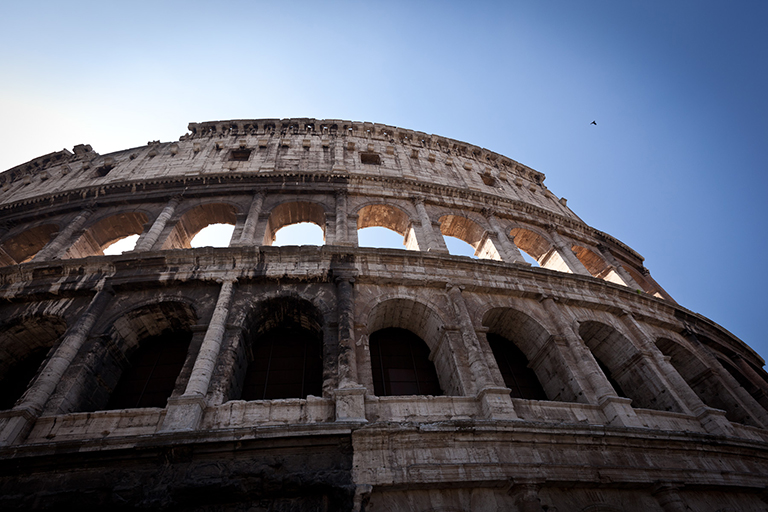
The course builds upon the first three semesters of beginning Italian (or equivalent) adding the unique feature of short films as the first stimulus for learning intermediate-level vocabulary, grammar, and cultural concepts.
Learn more about this course
This second-year Italian course meets three times a week and builds upon the first three semesters of beginning and intermediate Italian (or equivalent).
Learn more about this course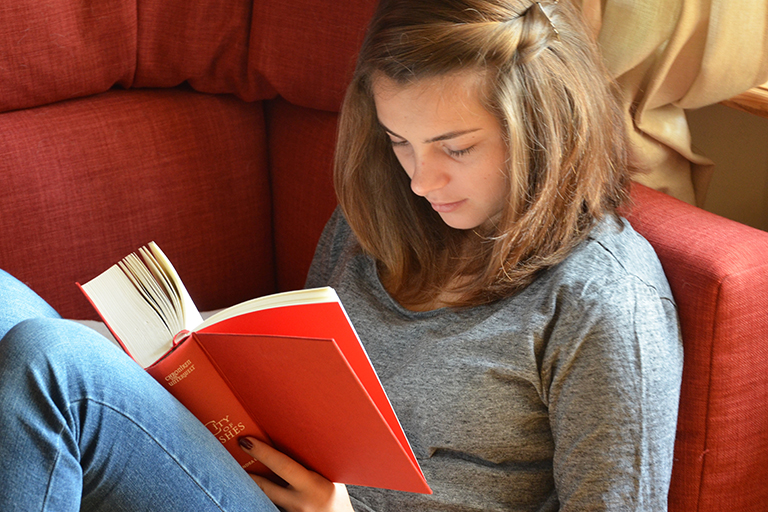

For students preparing an honors project to receive a degree with departmental honors in Italian.
Learn more about this course